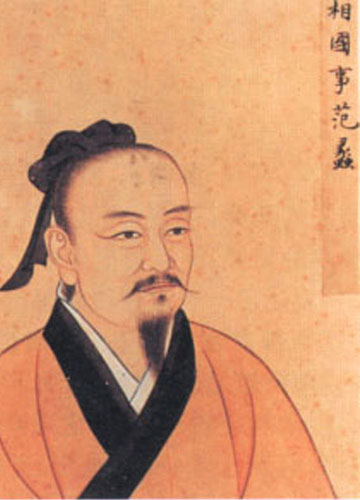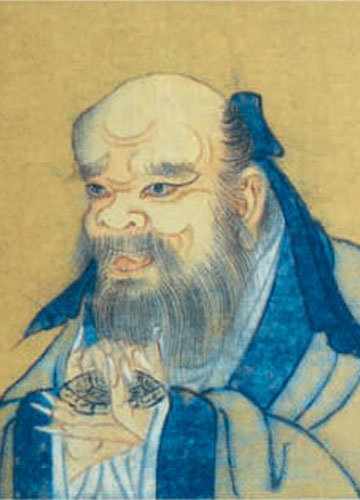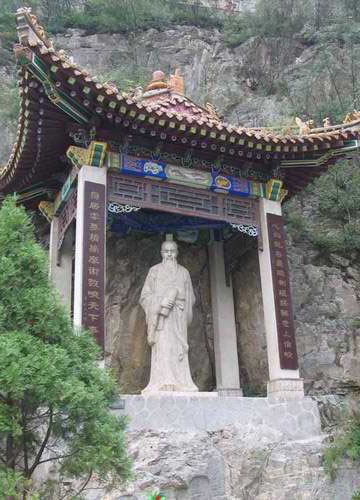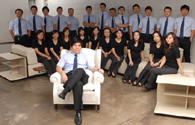The Chinese people once created a splendid ancient culture utilizing diligence and wisdom. The ancient economic thinking that guided economic development throughout ancient times has been prominent in the cultural heritage.
Some models of thinking matured earlier than other countries at the time. These philosophies significantly influenced world history and the economies of Europe and America in the 17th and 18th century. Fan Li was one sage who made great contributions to the establishment of economic study at the time.
Business Philosophy of Tao Zhugong

Fan Li, also known as Lord Taozhu, was a great politician in the State of Yue in the Spring and Autumn Period. When Yue was conquered by the State of Wu, he proposed a strategy of revenge and revival of his homeland and went to Wu as a hostage with King Goujian. Upon arrival, Fan Li helped Goujian defeat the State of Wu. After the victory he resigned and renamed himself Zhugong and began his career in business, farming and husbandry. Soon he showed extraordinary talent in business deals. He had cashed in on business three times over 19 years. However, he was generous and interested in various public welfare projects, which earned him a good reputation. He was also regarded as a model of business in Chinese history. His golden rules on business success are far-reaching:
The rarer it is, the more it is worth. One should have his own views and tastes on investment. Hoarding rare goods will corner the market. Success in business is a matter of knowing when to take a risk.
Business Philosophy of Guiguzi

 |
| Statue of Guiguzi |
Wang Xu, also known as Wang Chan and Guiguzi, was a mysterious legend in Chinese history. He was a master in philosophy, strategy, military affairs and education, as well as the founder of political strategy in the Warring States Period. He often went to Yumeng Mountain to gather herbs, during which time he cultivated himself according to his religious doctrine. He named himself Mr. Guigu because his solitary home was in a place called Guigu. He was the teacher of famous military strategists such as Sun Bin and Pang Juan and political strategists Su Qin and Zhang Yi.
The essence of Guiguzi’s philosophy: Everything should follow the laws of nature but not defy them, including the cultivation and development of talent.
In context to modern times, his philosophy can be translated to mean: Convene all people with common ambitions and goals Cultivate their abilities to fit their position Provide appropriate roles to maximize their ability Create reserves for one’s talent pool.
Business Philosophy of Bai Gui

Bai Gui, a remarkable merchant in ancient China (463 BC - 385 BC), was praised as the “Father of Business”. He served as a minister of the State of Wei. He was an expert in the construction of dams and irrigation facilities. According to the History of the Former Han Dynasty (also called Book of Han), Bai Gui was the originator of the theory that “trade develops production”.
Bai Gui was well versed in the idea that accurate assessment of the situation and opportunities was the secret of success. He made his fortune by buying low and selling high. He put forward a business concept to “pick up what others discard and part with what others may want”. In addition to business skills, Bai Gui also attached great importance to business ethics. He believed that the true businessman should not be mercenary but wise, brave, benevolent and powerful, all of which are essential factors to great achievement. His operation guidelines are still widely applied and advocated by business circles to date.




